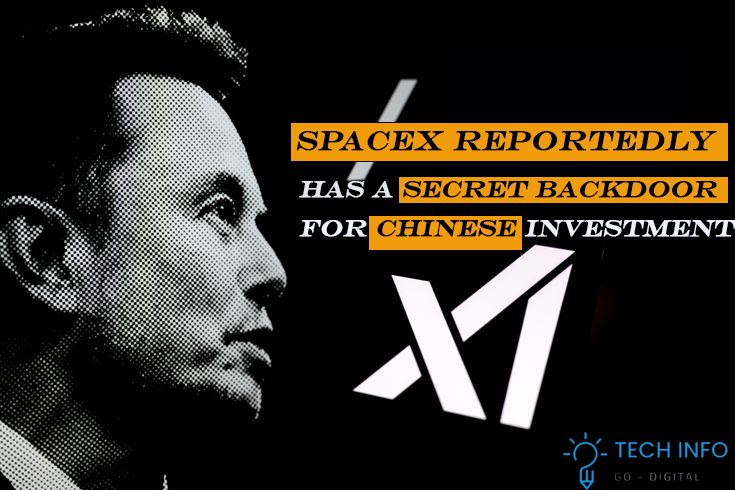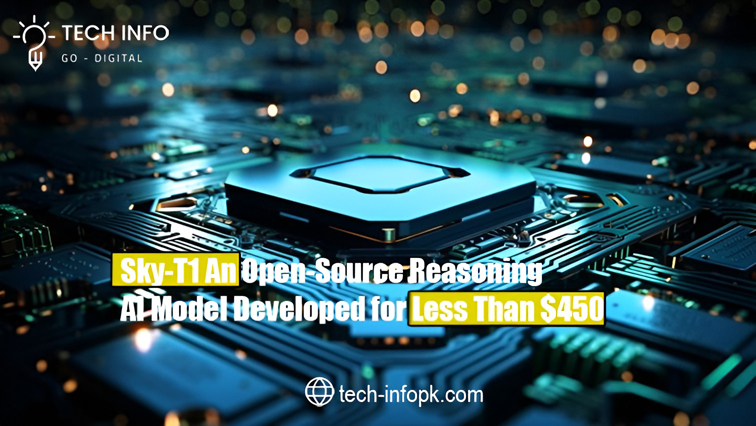Table of Contents
ToggleSpaceX and Allegations of a Secret Backdoor for Chinese Investment

SpaceX
Introduction
In the ever-evolving landscape of global finance and technological innovation, few names command as much attention as SpaceX. Founded by Elon Musk, SpaceX has revolutionized the aerospace industry with ambitious projects like reusable rockets, satellite internet through Starlink, and missions aimed at Mars colonization. However, recent reports have surfaced alleging that SpaceX has a secret backdoor allowing Chinese investment, raising concerns about national security, economic policy, and geopolitical competition.
This blog explores these allegations, the mechanisms through which foreign investments might be channeled, the potential implications, and the broader impact on U.S.-China relations in the technological sphere.
The Allegations: Is SpaceX Tied to Chinese Investors?

SpaceX Tied to Chinese Investors
Reports suggest that SpaceX has been indirectly receiving investments from Chinese entities through complex financial structures. These alleged investments have sparked concerns within the U.S. government and intelligence community, given SpaceX’s critical role in U.S. national security. The company has numerous contracts with agencies like NASA, the U.S. Air Force, and even the Pentagon, making any potential foreign influence a sensitive issue.
How Could Chinese Investment Be Funneled Into SpaceX?
Given that SpaceX is a private company, its ownership and investment structure differ from publicly traded companies. Unlike Tesla, which is openly traded and has clear records of institutional investors, SpaceX operates in a more restricted financial environment. However, private companies can still attract foreign capital through various means:
- Venture Capital Firms and Investment Funds:
- Many Chinese investors participate in U.S.-based venture capital firms that invest in space and defense startups.
- These funds could, in turn, be investing in SpaceX without direct involvement from Chinese stakeholders.
- Special-Purpose Vehicles (SPVs):
- SPVs are legal financial entities created to facilitate investments while masking the identity of the real investor.
- These are often used in high-stakes sectors where regulatory scrutiny is tight.
- Indirect Investment Through Shell Companies:
- Some Chinese entities have been known to invest in U.S. companies through intermediary corporations set up in jurisdictions with less regulatory oversight.
- These shell companies could be used to invest in venture capital firms or private equity funds that hold stakes in SpaceX.
- Secondary Market Stock Transactions:
- Although SpaceX is private, it has held multiple funding rounds where existing investors can sell their shares.
- Chinese investors could potentially acquire shares from existing stakeholders without direct involvement with SpaceX’s management.
Why Would China Want to Invest in SpaceX?
China’s interest in SpaceX, if confirmed, would not be surprising given the strategic importance of aerospace technology. Some key reasons why Chinese investors might seek exposure to SpaceX include:
- Technological Advancement:
- SpaceX is at the forefront of reusable rocket technology, satellite communications, and deep space exploration.
- Gaining insights into these advancements, even indirectly, could provide a competitive advantage to China’s growing space program.
- Economic Returns:
- SpaceX’s valuation has skyrocketed over the years, making it an attractive investment for any high-net-worth individual or institutional investor.
- Chinese investors, like their Western counterparts, may see SpaceX as a lucrative opportunity for financial returns.
- Strategic Influence:
- Owning shares in a company as influential as SpaceX, even if indirectly, could provide leverage in future geopolitical or business negotiations.
- Given Musk’s existing business ties with China via Tesla, investment in SpaceX could be part of a broader strategic interest.
National Security Concerns and U.S. Response

National Security Concerns and U.S. Response
If these allegations hold any weight, they could pose serious national security risks. The U.S. government has stringent regulations, such as the Committee on Foreign Investment in the United States (CFIUS), which reviews foreign investments for potential security threats.
Potential Risks Involved:
- Technology Transfer:
- While SpaceX’s most sensitive technology is likely protected by security clearances, indirect investments could still expose some level of proprietary knowledge.
- Influence Over Business Decisions:
- If foreign investors gain a significant enough stake, they could exert pressure on the company’s management, potentially affecting its strategic direction.
- Political Ramifications:
- The U.S. government could take issue with SpaceX’s leadership if foreign money, especially from China, plays a role in shaping the company’s operations.
How the U.S. Might Respond
- Regulatory Crackdown: CFIUS could investigate SpaceX’s investor list and force divestment of any suspicious stakeholders.
- Legislative Action: Congress could introduce new laws to tighten restrictions on foreign investment in critical aerospace firms.
- Increased Transparency Requirements: Private firms like SpaceX might be required to disclose more details about their funding sources, especially if
Elon Musk’s Business Ties with China

Elon Musk’s Business Ties with China
Elon Musk is no stranger to Chinese investment and partnerships. His company, Tesla, has extensive operations in China, including a Gigafactory in Shanghai and significant revenue from the Chinese market. This has led some analysts to speculate whether Musk’s openness to working with China extends beyond Tesla and into his other ventures, including SpaceX.
While Musk has denied any direct Chinese involvement in SpaceX, his deep ties with China via Tesla could still raise concerns. Given China’s strategic interest in aerospace technology and Musk’s entrepreneurial reach, the intersection of these factors continues to fuel speculation.
The Future of SpaceX’s Funding and Foreign Investment Policies
Going forward, SpaceX may have to take a more cautious approach when accepting investments, particularly from international sources. Possible steps include:
- Stricter Vetting of Investors: Ensuring that all investors, whether through funds or private deals, are vetted for potential security risks.
- Closer Collaboration with U.S. Government Regulators: Proactively working with agencies like CFIUS to ensure compliance with national security laws.
- More Transparency in Ownership Structure: While SpaceX remains private, additional disclosures could help alleviate concerns about foreign influence.
Conclusion
The reports of a secret backdoor for Chinese investment in SpaceX highlight the complex and often opaque world of global finance in high-tech industries. While no definitive evidence has emerged proving direct Chinese control over SpaceX, the mechanisms through which foreign capital can enter U.S. firms remain a concern for policymakers and industry leaders.
As SpaceX continues to push the boundaries of space exploration, ensuring that its funding sources align with U.S. national security interests will be critical. The intersection of technology, investment, and geopolitics will remain a defining challenge for companies like SpaceX, making transparency and regulatory oversight essential moving forward.
In the coming years, the scrutiny surrounding foreign investments in U.S. tech firms will likely increase, and SpaceX’s response to these allegations could set an important precedent for other private companies operating in sensitive industries.




